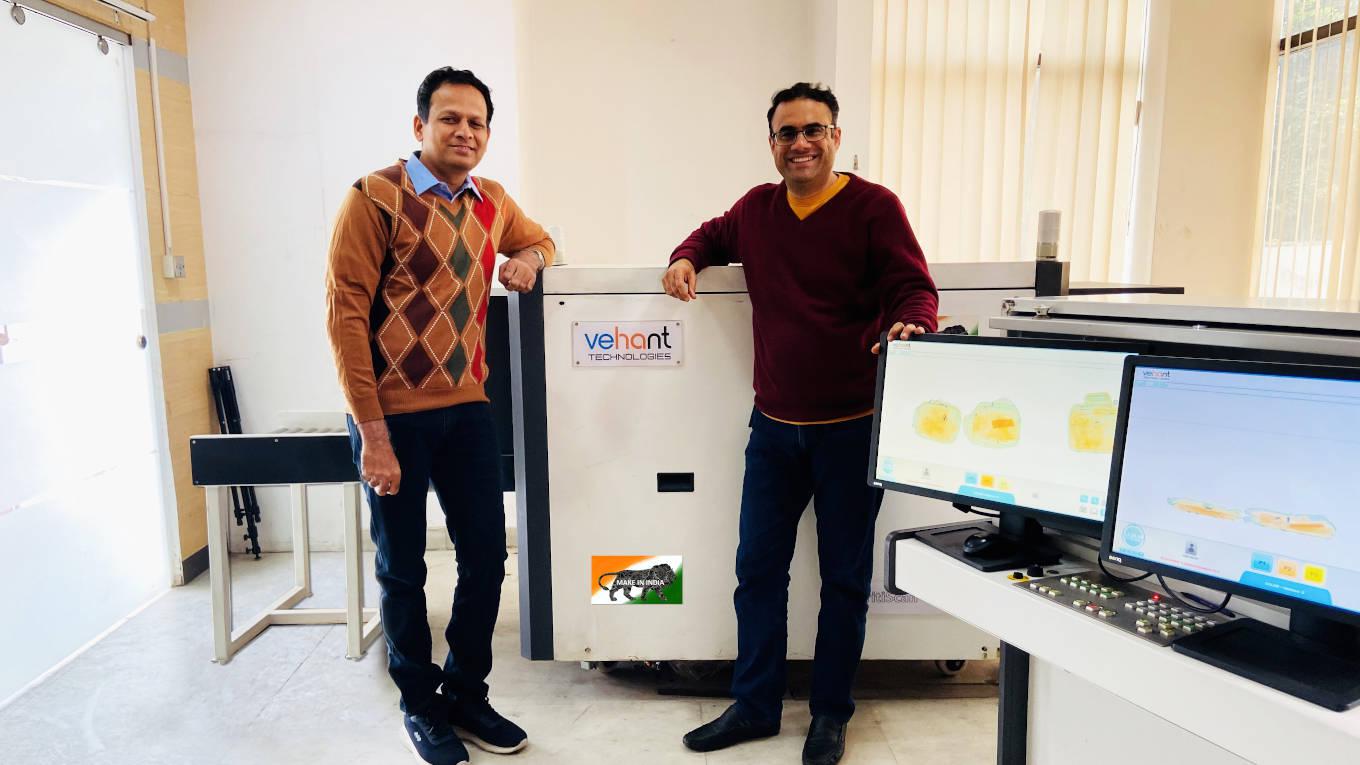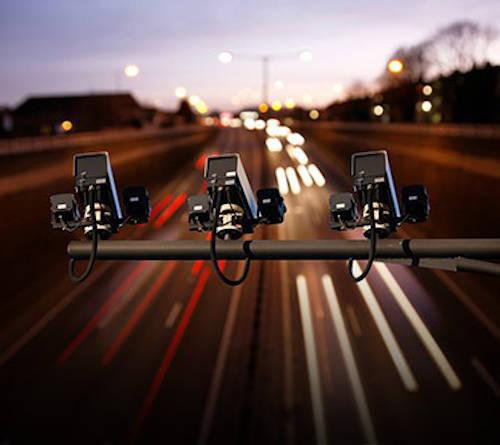About 15 years ago, two students and five professors of IIT, Delhi, had made an ‘under vehicle scanning system’ during an incubation programme. In August 2005, they incorporated a company called ‘Kritikal SecureScan’ and, within two years (2007), got their first order for the residence of Karnataka’s chief minister. The rest, as they say, is history. The company (which was renamed Vehant Technologies in 2016) has its scanning equipment installed across 700 prominent places in India, which includes the Parliament House, Kolkata High Court, Maharashtra Police, Indian Army, India Railways and Airports Authority of India, among many others. “We are also present in eight other countries globally (including Kenya, Cameroon, Nigeria),” says Kapil Bardeja, co-founder & CEO, Vehant Technologies. “The products we make are under two categories – city systems (security and surveillance) and traffic enforcement and management under smart cities.” Bardeja had earlier worked for McKinsey & Co and has a Master of Management from IIT Delhi. Vehant Technologies, which is a privately held company, had a turnover of Rs65 crore in 2019-20. The management is optimistic that the company will grow at 30 per cent year on year. The prices of its products range from Rs15 lakh to Rs25 lakh and above. Adding new products “As we grew, we continued to add products, which included number plate cameras, cameras for mapping vehicle speed, no-helmet detection cameras, and so on,” says Bardeja. “Till 2015, all X-ray scanners in India were being imported. This changed when we developed an X-ray scanner under the dual view and single view system. Since 2016, we have sold about 500 X-ray baggage scanners.” The stock exchange in Greece also uses Vehant’s under-vehicle scanners, he adds. Vehant has two manufacturing units – the first one located in Una, Himachal Pradesh, built in 2007 at a cost of Rs70 lakh; and the second unit, set up in Greater Noida in 2019, which cost Rs50 lakh. The company’s current manufacturing capacity for x-ray baggage scanners (XBS) and under-vehicle scanning systems (UVSS) is 300 units in each factory every year and, by the end of the ongoing year, the tally should increase to 400. Interestingly, the outbreak of the pandemic has led even more business opportunities for Vehant, with the company launching face mask detection cameras and thermal cameras for detecting temperature. “During the pandemic, we installed Vehant Technologies’ ‘FebriEye’ at Chhatrapati Shivaji Maharaj Terminus (CSMT) and Lokmanya Tilak Terminus in Mumbai,” says a security officer in CSMT, Mumbai. “We have been able to detect quite a few passengers whose body temperatures were above normal and, hence, they were not allowed to travel by train.”
-

Prabhu and Bardeja: eyeing great future


































